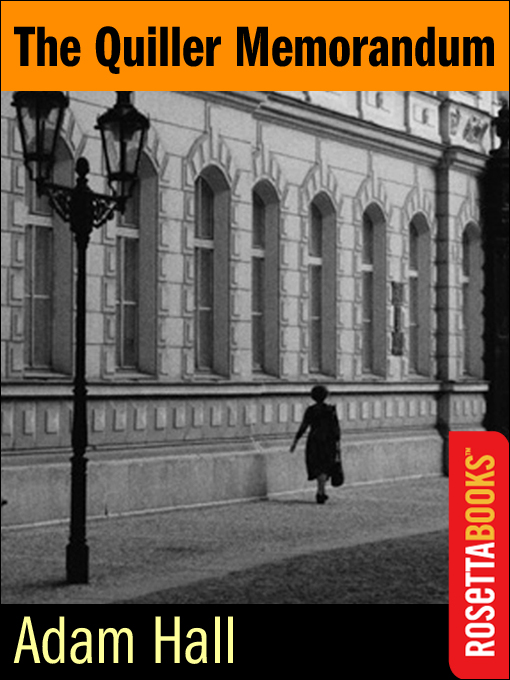- Long Books
- Always Available Comics
- Try something different
- Thought-Provoking Science Fiction and Fantasy
- Most popular
- Thrillers
- Books for English Language Learners
- New eBook additions
- New kids additions
- New teen additions
- Independent Authors - Always Available
- See all
- Always Available Audiobooks
- In Their Own Words
- Great Narrators
- Available now
- New audiobook additions
- Audio Thrillers
- New kids additions
- New teen additions
- Most popular
- Try something different
- See all


